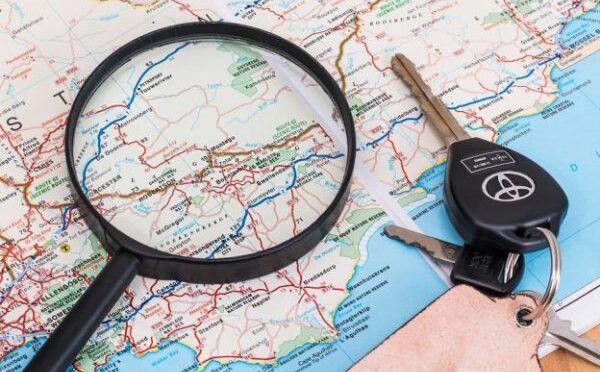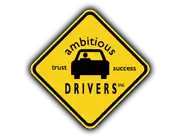Once you’ve gotten your licence, you’re offering everyone a lift and happy to be so helpful. But not everything goes according to plan. Unexpected obstacles come up while you’re on the road, and we don’t just mean being forced to take a detour due to construction or a road accident. Bad weather conditions and emergencies create complications, which is why it’s important to be equipped in these situations. You never know what you’ll need when you leave the house, and the weather forecast is not 100% accurate every day. Whether there’s rain, snow, or sunshine, make sure you have these items packed in your car’s emergency kit at all times:
- Roadmaps (in case your cell phone should die) and a whistle, which you should permanently keep in your glove compartment
- Non-perishable food, such as energy bars and dried fruit
- Plastic water bottles that won’t break if they freeze
- Blankets
- Extra clothes
- First aid kit with a seat belt cutter
- Wind-up flashlights
We recommend you check your emergency kit every few months and replenish or replace the stock. When the weather changes, update your clothing for the appropriate temperatures and exchange your boots for shoes. Water and food are other items that are guaranteed to need replacing. In the winter, there are more tools to keep in your car for ice and snow removal.
Other types of emergencies can happen, such as the engine stalling, battery dying, or running into the car ahead of you. These can happen on the highway or a residential street, which is why there are other important items that need to always be in your trunk for everyday emergencies, including:
- Warning light or road flares
- Antifreeze and windshield washer fluid
- Tow Rope
- Jumper cables or portable jump starter
Some emergencies can be controlled and prevented. To prevent such emergencies, it’s important to have your car serviced and repaired. Some of your car’s features should be checked every month, while others should be looked at every three to six months by a professional. Even by maintaining your car, uncontrollable emergencies will still happen.
When they do occur, there are driving protocols to follow. The certified and experienced instructors at Ambitious Drivers prepare our students with long-lasting techniques for defensive driving. We want them to become responsible and conscious drivers that know how to handle any situation. We’re available seven days a week, so if you want to learn more about our course and pricing, contact us today or book your driving test!







